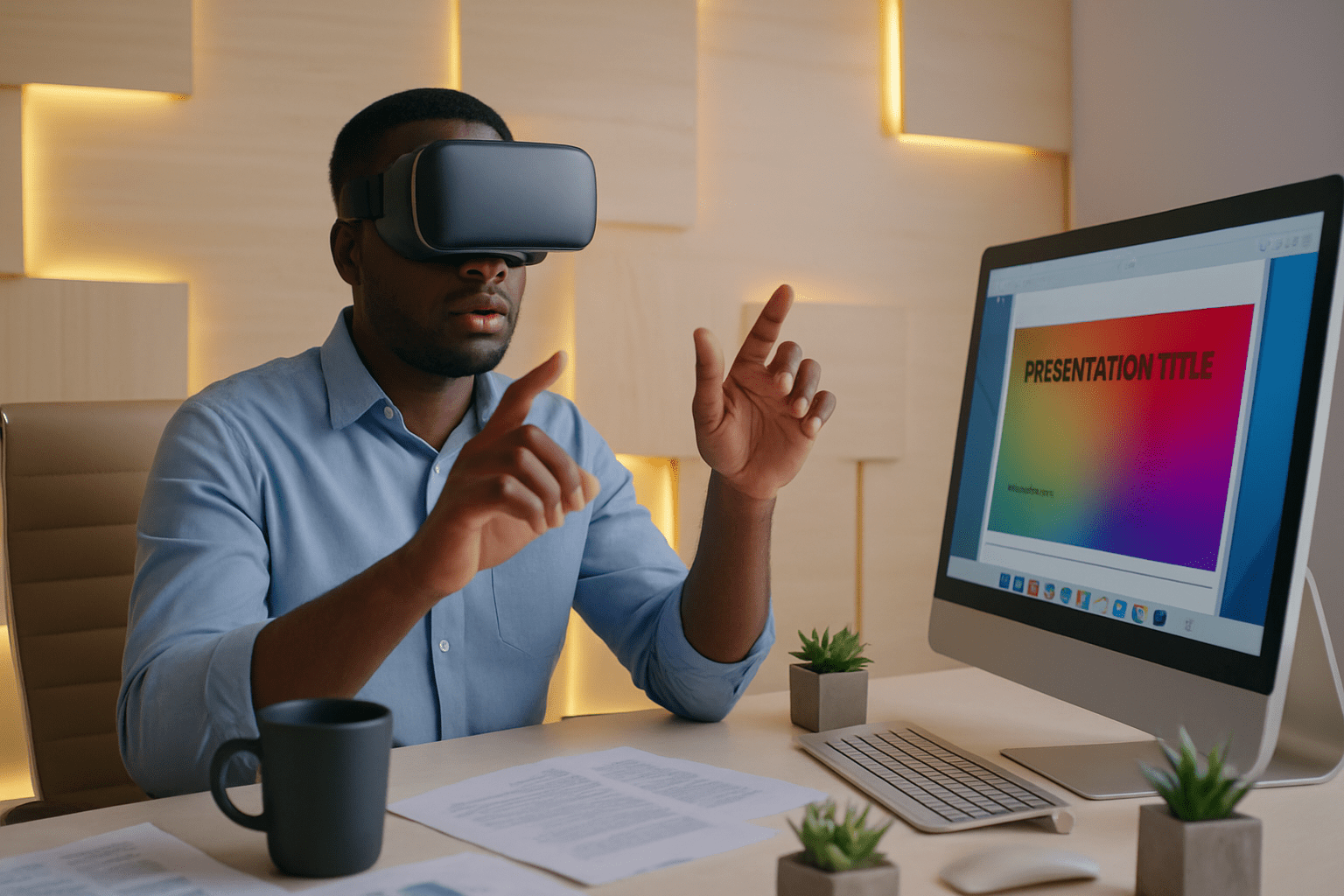On this page: Intro · What AI Actually Does · Key Benefits · Case Experience · The Lesson · Conclusion
The Future of AI: From Fear to Empowerment
Growing up, I, like many, found a certain thrill in sci‑fi films like Total Recall and Minority Report. While they promised a future of technological marvels, they also painted a dark picture of human suffering at the hands of AI…
What AI Actually Does (and Doesn’t)
AI doesn’t “permit” you to do anything new by itself—it amplifies what you already know. With the right prompts and context, it reduces manual steps, improves consistency, and speeds up research and drafting. Without human judgment, it can skip steps or hallucinate—and that’s why expert oversight matters.

Key Benefits of Embracing AI
- Enhances human capabilities
- Streamlines complex processes
- Amplifies existing knowledge
- Identifies and corrects errors
- Builds a collaborative future
Case Experience: Automation Missed Crucial Steps
When I tried automating blog publishing, the AI‑assisted workflow repeatedly skipped steps I considered obvious. Because I knew the manual process and its choke points, I could catch and correct those errors. That experience showed me AI isn’t replacing expertise—it requires it.
From Fear to Control: The Real Lesson
AI can hallucinate. Without internal benchmarks or domain knowledge, those errors can slip by. With clear process design and human review, AI becomes a force multiplier—speeding up work while you maintain higher standards and greater control.
Conclusion: The Future Belongs to Skilled Humans
We don’t face an inevitable sci‑fi dystopia. AI is a tool—an infinite warehouse of instruments waiting for skilled hands. The future belongs to humans who can wield AI to amplify skills, knowledge, and creativity—and use it to build something better.

Quick Answers
How does AI empower humans?
By automating repetitive work and surfacing insights quickly, AI frees you to focus on higher‑value decisions and creative work.
What is the future of AI?
A human‑in‑the‑loop model where skilled practitioners guide AI to produce faster, higher‑quality outcomes with stronger controls.
Can AI replace expertise?
No. AI needs domain context and review. Expertise sets the standard, catches errors, and determines what “good” looks like.



